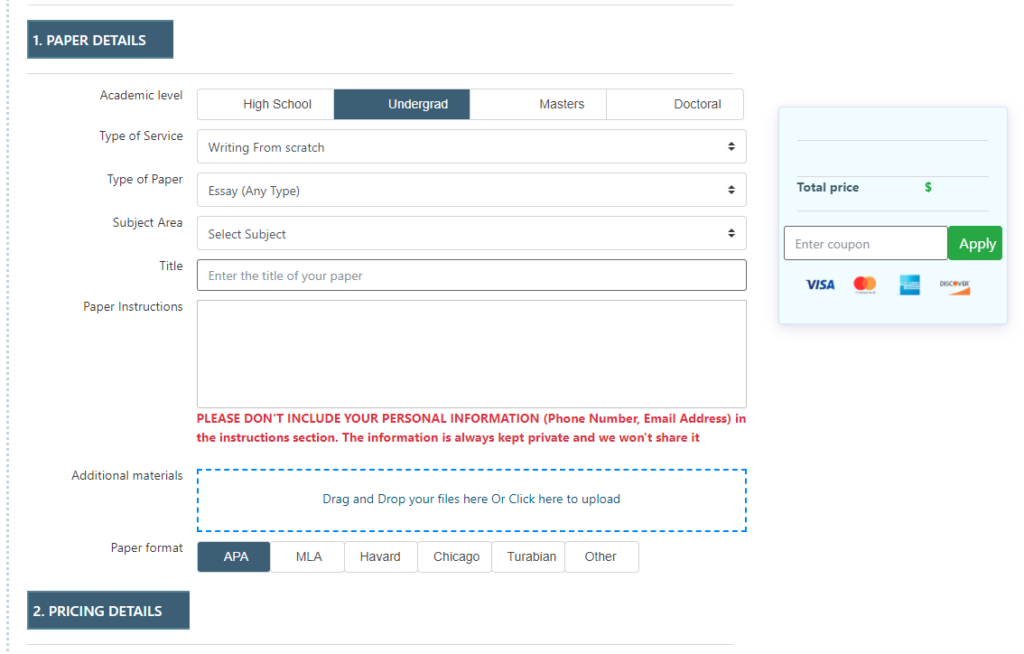Plastic Discussion
Student’s Name
Institution’s Affiliation
Professor’s Name
Date
Plastic Discussion
Introduction
Plastic pollution is a problem which is plaguing the world, and with over 7 billion people on Earth, the issue is only going to get exacerbated. Plastic pollution is a direct effect of a throw-away culture due to plastic’s low cost and wide usage around the world. The impacts of plastic pollution can be seen in the Arctic Sea, Antarctic, Pacific Islands, Atlantic Ocean, Indian Ocean and all water bodies in different regions of the world. The presence of plastics also leads to depletion of oxygen content in water through trapping sea creatures such as crabs inside floating plastic bags and causing them suffocation or death.
Literature Review
The research on the impacts of plastic pollution on marine life is in its infancy, with some studies showing relatively little impact on wildlife while others claiming that the proliferation of plastics is one of the most important causes of worldwide biodiversity loss. However, several studies have shown that there is no direct relationship between the amount of plastic waste and marine mammal deaths or injuries reported by local communities (MacLeod, 2021). For example, a study by Strand published in Marine Pollution Bulletin suggested that there is no causal link between human-made debris and the mass mortality of marine turtles along the coasts of India. In contrast, another study by Durie et al. published in Deep Sea Research suggests that the accumulation of plastic near oceanic reefs can inhibit the ability of coral to regenerate. Researchers have also found that plastic can harm animals even if they do not actually ingest it as it often accumulates on seabed and so may be eaten by scavenging animals or washed up on beaches as opposed to being discarded directly into the ocean.
Methodology
The issue of plastic pollution is one that affects us all. The plastics we use are damaging the environment and our own health. In this brief blog post, we will explore the impacts of plastic pollution and the consequences of human neglect, with a focus on understanding how to stop this process. Plastic Pollution: The impacts of plastic pollution can be seen in the Artic Sea, Antarctic, the Pacific Islands, Atlantic Ocean, Indian Ocean and all water bodies in different regions of countries around the world. Every day more than 1 million birds and over 100 thousand sea mammals die from plastic pollution (Schmaltz, 2020). When animals ingest or become entangled in these plastics they can’t break down so it fills up their stomachs or restricts their breathing-killing them. The methodology helps the body of the article to be informative and factual while still being easy to understand. The opening of the article sets up a paragraph where there is no writing and then transitions into explaining how plastic pollution has been so widespread that it is now impacting animals, rainforests, the oceans, etc., creating worldwide environmental problems. This gives a clear introduction for what is going to happen during the rest of the piece.
Conclusion
In conclusion, plastic pollution has a wide-reaching and negative effect on the planet. While some of the impacts such as melting sea ice have been extensively studied, there is still much that we do not know about this pervasive pollutant. Plastic pollution is a truly global problem, and while it has been a topic in media for decades, it continues to plague our natural environment with its toxic chemicals. With the rate at which plastic production continues to grow globally, we are quickly running out of places to dispose of our waste. The future remains uncertain for all living things because of the effect plastic pollution will have on them as well as their habitats.
References
MacLeod, M., Arp, H. P. H., Tekman, M. B., & Jahnke, A. (2021). The global threat from plastic pollution. Science, 373(6550), 61-65.
Schmaltz, E., Melvin, E. C., Diana, Z., Gunady, E. F., Rittschof, D., Somarelli, J. A., … & Dunphy-Daly, M. M. (2020). Plastic pollution solutions: emerging technologies to prevent and collect marine plastic pollution. Environment international, 144, 106067.







